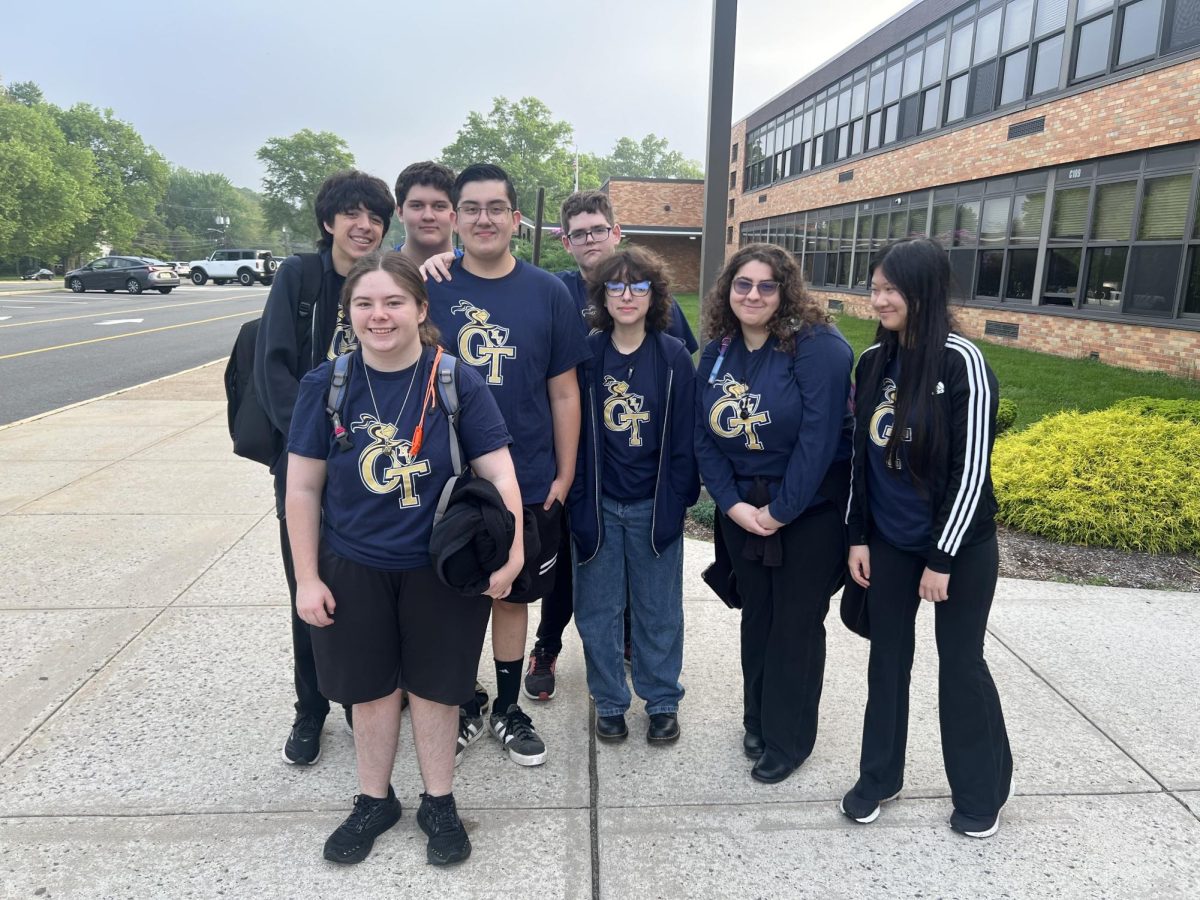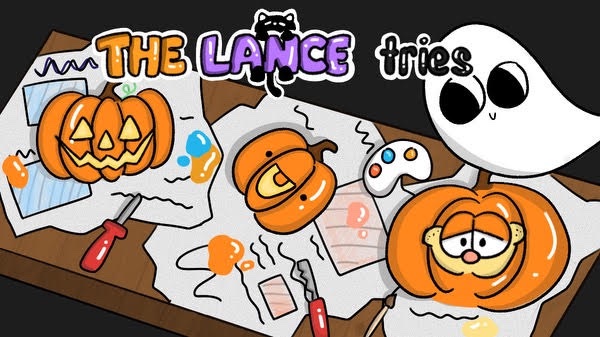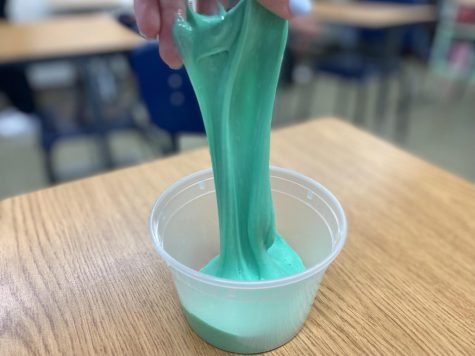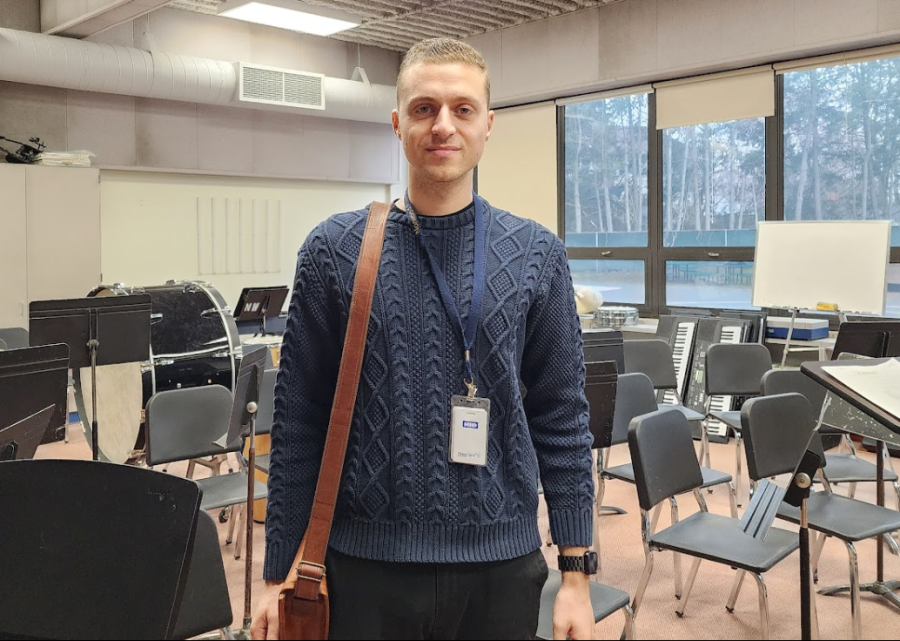The Everlasting Problem of this Generation
Addressing the issue of stress
12.7 million people are diagnosed with cancer each year. Fortunately, a tremendous amount of money and research has been devoted to researching cures and treatments for this devastating condition. But, how much have we investigated and made progress in treating one of the most prevalent problems for students worldwide: stress?
I hear the phrase, “I’ve never felt more stressed before in my life” from a vast majority of my high school peers. I not only hear this, but also see the effects of stress: frustration, agitation, difficulty with relaxation, and a host of physical symptoms.
Today, it’s somewhat normal to hear that everyone is stressed about school and college, and students try their best to cope by using tips and techniques they’ve gathered from Google as well as from therapists and counselors. There are indeed some beneficial tips and tricks to deal with stress: avoid caffeine, engage in physical activities, sleep more, try meditation, talk to someone, and develop a new, positive perspective on stress itself.
But what if you’ve already done all of these techniques, felt better temporarily, but in the end, still feel overwhelmed? How can you take control of your life when stress has already taken control of your emotions and actions? The current methods for dealing with stress are well-intentioned, but not necessarily proven to be effective over a long period of time. Students need more than just techniques; they need a long-term, effective treatment for their ills.
More research should be conducted to understand the causes, the effects, and most importantly, the treatments for stress reduction and management. Schools, businesses, psychiatrists, religious institutions, hospitals, and even the government, should play a larger role in studying this ubiquitous phenomenon. It’s not as simple as telling people to take a deep breath or do yoga. There needs to be a more thorough, systematic strategy for students to approach stress and ultimately, overcome it.
It is doubtful that we will ever find a “cure” for stress. So many things cause stress and the only way to eliminate all stress is to remove oneself from this world. As students, we need to accept stress as a normal part of life, but that doesn’t mean that we should give up optimistically and aggressively learning more about it to live healthier lives. While many students cannot wait to graduate believing that the worst will be over, after that, there will be a whole new set of obstacles that will introduce stress yet again. Therefore, stress is inevitable, but we must enjoy life in the midst of challenges and have hope that research will provide increasingly better treatments.



















































































